Ghost lives of millions of Pakistanis
.
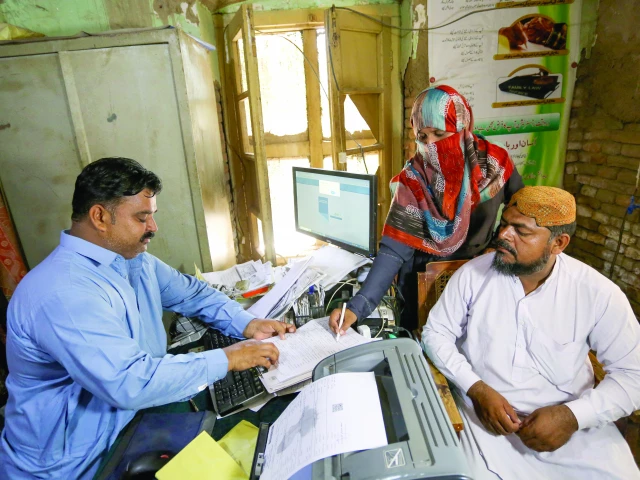
Ahmed Raza is invisible in the eyes of his government, unable to study or work because, like millions of other Pakistanis, he lacks identification papers.
In the South Asian nation of more than 240 million people, parents generally wait until a child begins school at the age of five to obtain a birth certificate, which is required for enrolment in most parts of Pakistan.
Raza slipped through the cracks until the end of elementary school, but when his middle school requested documentation, his mother had no choice but to withdraw him.
"If I go looking for work, they ask for my ID card. Without it, they refuse to hire me," said the 19-year-old in the megacity of Karachi.
He has already been arrested twice for failing to present identification cards when stopped by police at checkpoints.
Raza's mother Maryam Suleman, who is also unregistered, said she "didn't understand the importance of having identity documents".
"I had no idea I would face such difficulties later in life for not being registered," the 55-year-old widow told AFP from the single room she and Raza share.
Pakistan launched biometric identification cards in 2000 and registration is increasingly required in all aspects of formal life, especially in cities.
In 2021, the National Database and Registration Authority estimated that around 45 million people were not registered. They have declined to release updated figures or reply to AFP despites repeated requests.
To register, Raza needs his mother's or uncle's documents — an expensive and complex process at their age, often requiring a doctor, lawyer or a newspaper notice.
The paperwork, he says, costs up to $165 — a month and a half's income for the two of them, who earn a living doing housework and odd jobs in a grocery shop.
Locals whisper that registration often requires bribes, and some suggest the black market offers a last resort.
"Our lives could have been different if we had our identity cards," Raza said.

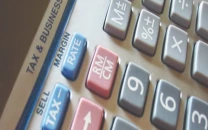
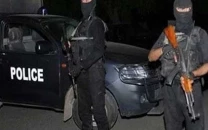

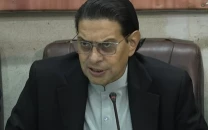


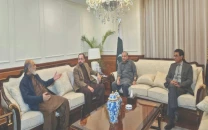












COMMENTS
Comments are moderated and generally will be posted if they are on-topic and not abusive.
For more information, please see our Comments FAQ